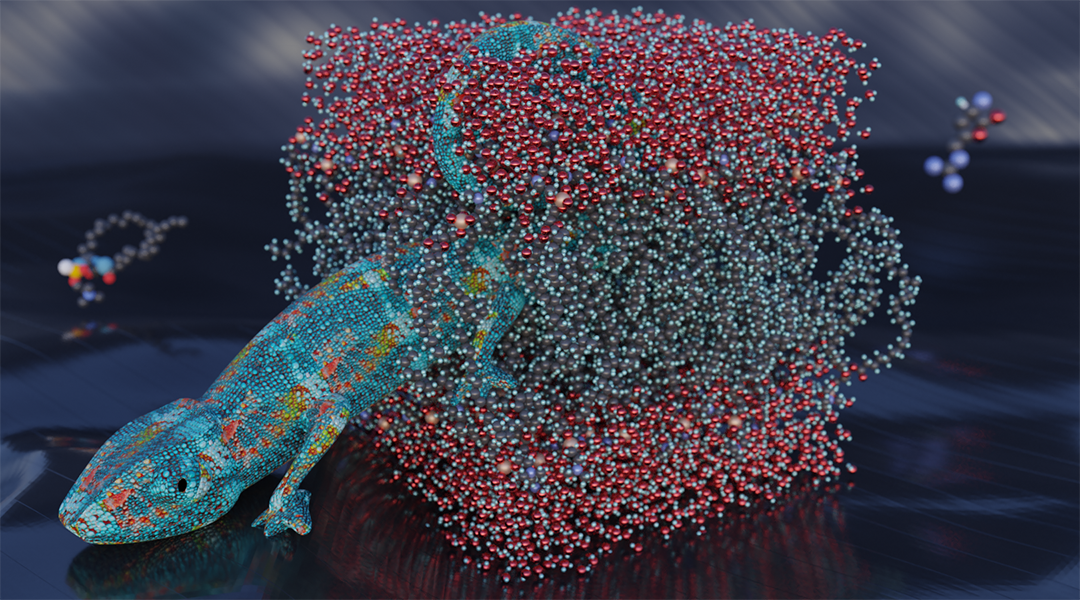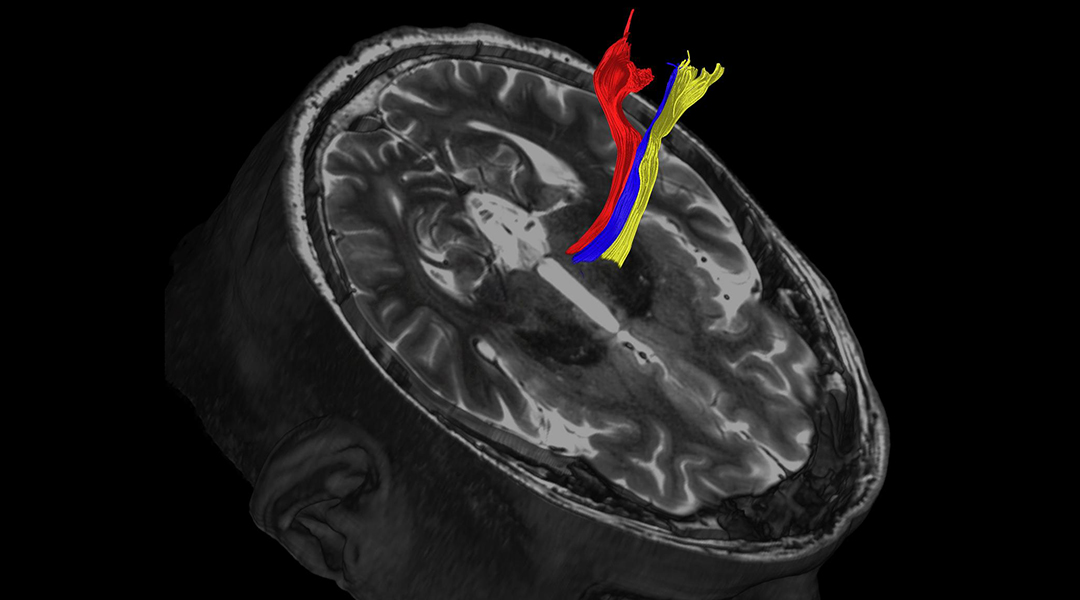Scientists apply a versatile new strategy to develop solid−hydrogel hybrid materials to regrow tissue.


Scientists apply a versatile new strategy to develop solid−hydrogel hybrid materials to regrow tissue.

Researchers use radio-based imaging to monitor stent implants without invasive techniques.

Computational methods allow researchers to delve deeper into molecular processes, beyond what can easily be achieved with current experimental techniques.

A global study looks into the prevalence of neurological symptoms in patients with COVID-19.

RNA plays a fundamental role in our health and biology, and advancements in imaging techniques are expanding our understanding of its life cycle.

Advanced MRI scans may improve treatment of tremors in patients with Parkinson’s disease.

Liquid metal batteries, in which both electrodes as well as the electrolyte are in liquid form, are a promising development in energy storage technologies.

Microfluidic oxygenators provide support to patients with low blood oxygen levels during respiratory distress, and advancements in technology are making them more portable and user-friendly.

This year marks the 30th anniversary of the Hubble Space Telescope, which has opened a new eye onto the cosmos and has been transformative for our civilization.

Effective climate mitigation policies can be realized with the help of agent-based models.